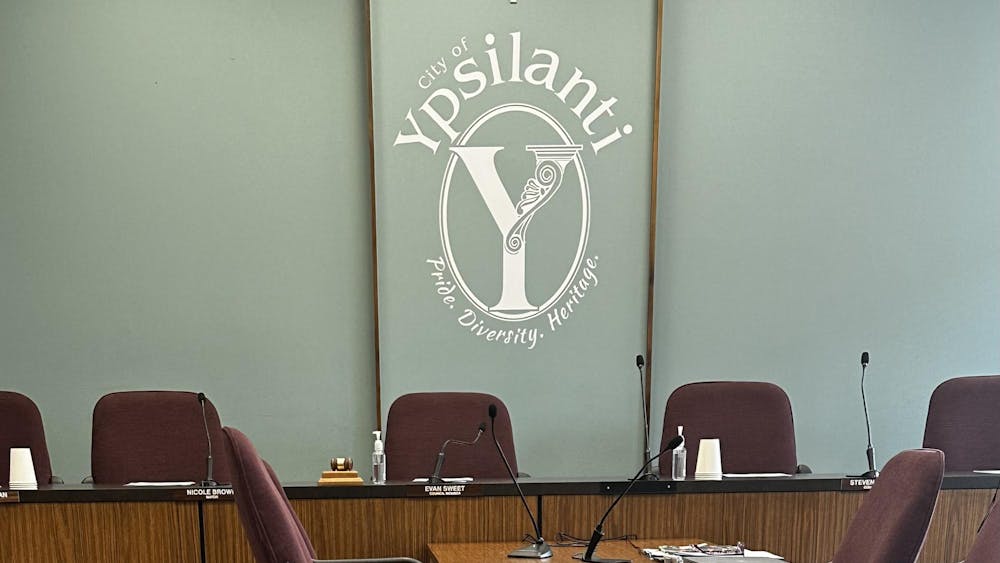Trent Mays and Ma’lik Richmond, high school football stars in Steubenville, Ohio, have been found guilty of raping a 16-year-old girl while she was drunk at a string of parties last fall.
While I’m glad the abusers have been held accountable—though I doubt either of them will come out of juvenile detention with any more respect for women— the guilty verdict does nothing to address the systematic problem of how little most people understand rape and the issues women face in the U.S.
This problem is illustrated by the testimony of the boys teammate, Evan Westlake, who walked into a room that night to see Mays and Richmond performing sexual acts on the victim as she lay naked near a pile of her own vomit.
When asked at the trial why he didn’t intervene, Westlake told the prosecutor he wasn’t sure what to think of the scene.
“It wasn’t violent,” Westlake said. “I didn’t exactly know what rape was. I always pictured it as forcing yourself on someone.”
I’m not interested in making excuses for the teenagers who stood by and either helped to pile humiliation onto the victim or simply did nothing, but it is, sadly, believable that none of them understood what they witnessed to be rape. And that’s not their fault.
And if we accept the notion that Westlake and others did not realize they were watching someone be raped, how can we expect them to intervene?
How can we expect boys not to rape if they don’t understand exactly what rape is?
How can we expect girls to support each other if they’re constantly being told that if you’re raped, you probably weren’t really raped, but if you were really raped, you probably deserved it?
Thinking back to the public school sex education class I took, the only thing I remember learning about rape is the phrase, “No means no!”
Of course, throughout her life, every woman is given unofficial pointers for avoiding rape—don’t walk alone at night, don’t get into a situation you can’t get yourself out of, don’t wear revealing clothing. In other words—don’t ask to be raped, girls, and just maybe you won’t be raped.
But there was never discussion of what a boy could do to prevent rape, other than to remember that if a girl told him “no” he should stop.
I have to wonder if this is what Mays and Richmond learned, too. If that is why they thought their behavior was acceptable. After all, the victim never said “no,” because she so intoxicated she couldn’t stand up.
Parents and educators must give young people the information they need to immediately recognize a disgusting situation like the one Mays and Richmond created. To keep boys from treating their female peers as mere vessels for their own pleasure. To make sure young women know that whatever advantage they hope to gain by defending a rapist while blaming the victim is utter fiction.
Perhaps if Mays, Richmond and their peers were required to take a single women’s studies class in high school, treating the victim as they did wouldn’t have even crossed their minds. Maybe they would have made sure she got home safely.
But in a culture where boys can grow up believing women are unworthy of respect, without anyone telling them different, the boys violated her instead. And until we decide to face an uncomfortable topic head-on and fully educate our children, some version of this sad story will play out over and over again.









